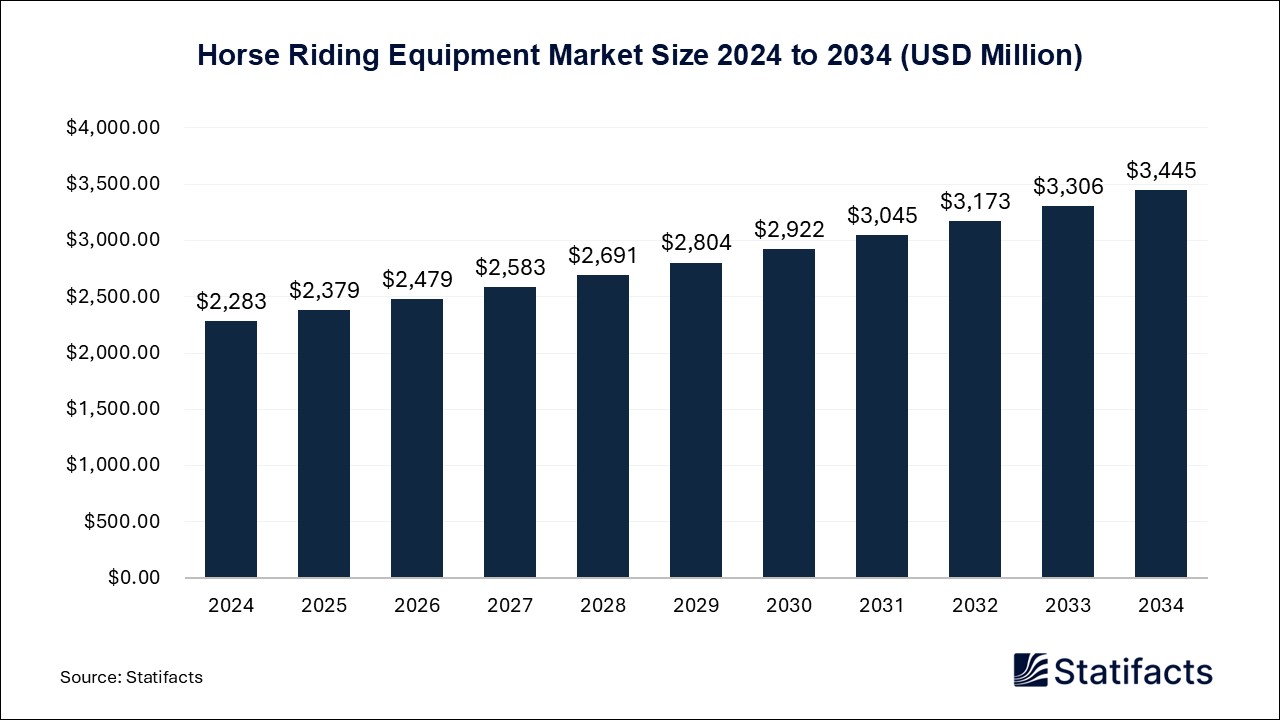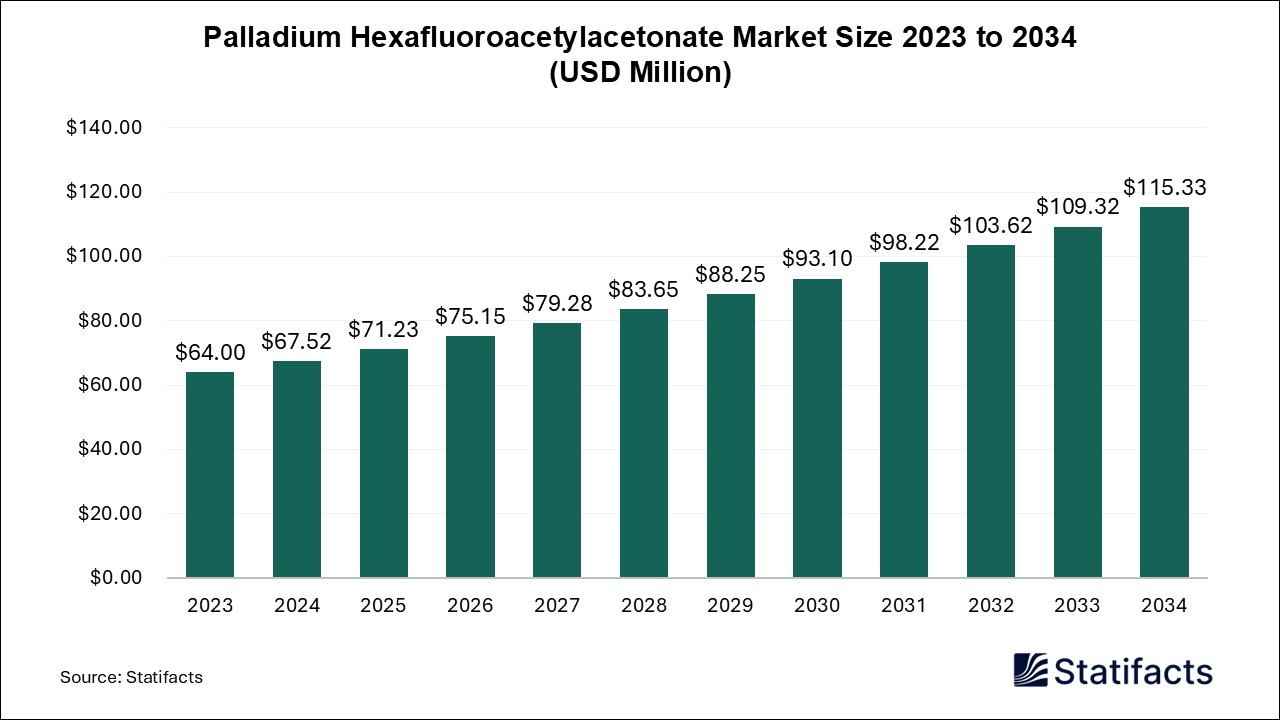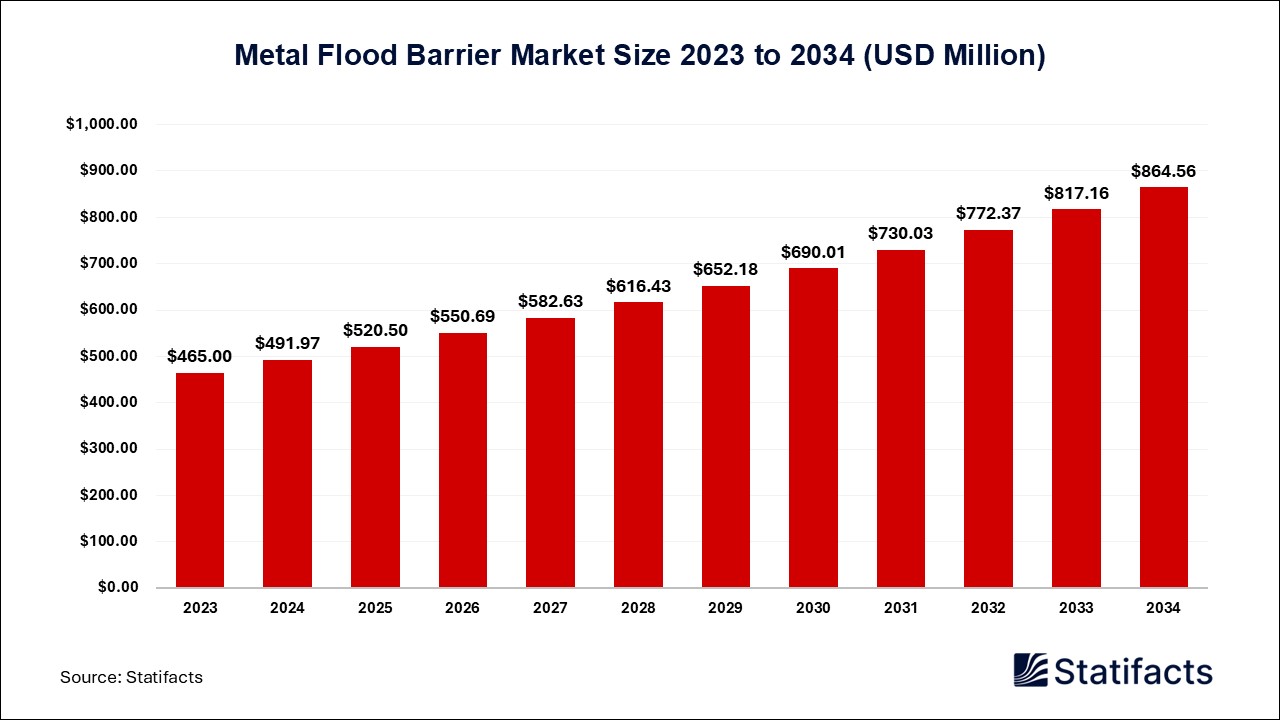

Our customers work more efficiently and benefit from
The U.S. protein expression market size is calculated at USD 2,097 million in 2025 and is predicted to reach around USD 4,670 million by 2034, expanding at a CAGR of 9.3% from 2025 to 2034.
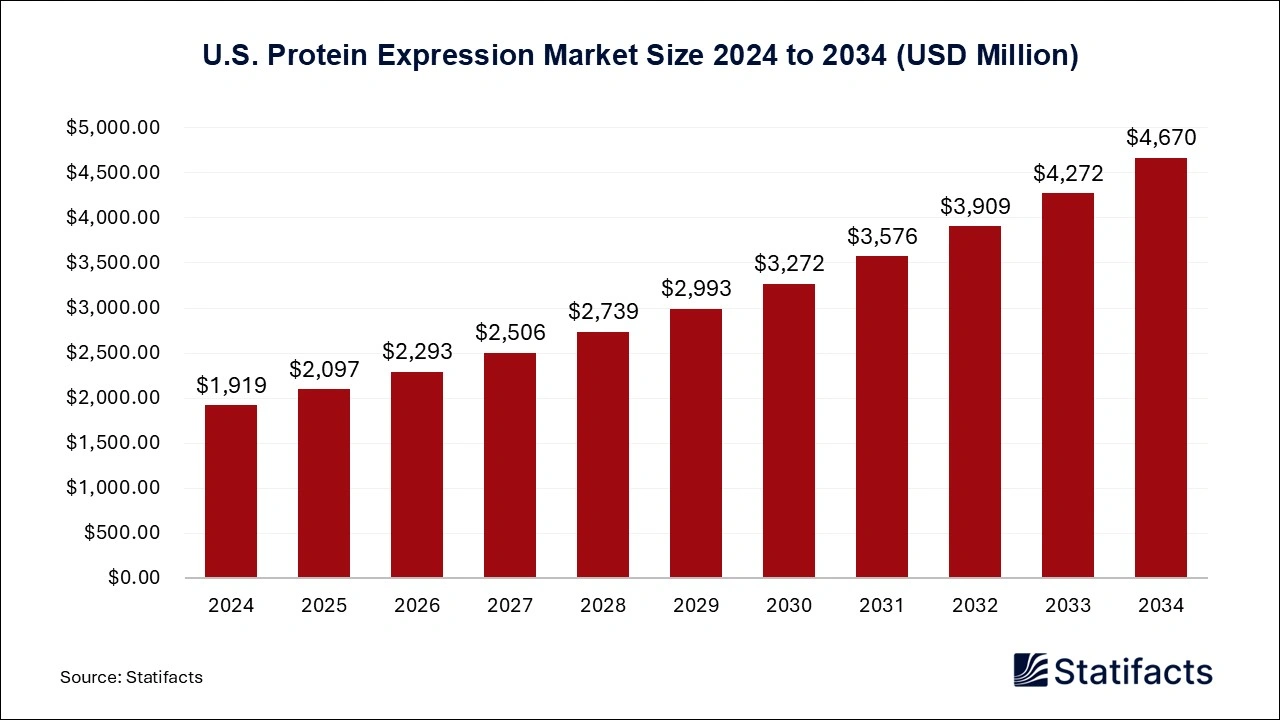
The U.S. protein expression market refers to the production, distribution, and use of this protein expression which is defined as the study of expressed protein complement of the genome and seeks to gain a global and integrated view of changes in protein expression. It refers to the production by cells. The study of protein expression in cancer cells may give information about a specific type of cancer, the best treatment to use, and how well a treatment works. Recombinant protein expression technology allows analysis of gene regulation and protein structure and function. The use of recombinant protein expression technology varies widely from investigation of function in vivo to large-scale production for structural studies and biotherapeutic drug discovery. Optimized protein expression systems can achieve high yields of recombinant proteins. This is mainly, beneficial for applications that need large quantities of proteins like structural biology studies, industrial enzyme production, or vaccine manufacturing.
The increasing demand for therapeutic proteins and monoclonal antibodies driving the growth of the U.S. protein expression market. Therapeutic protein drugs are an important class of medicines serving patients most in need of new therapies. Therapeutic proteins have many advantages over small-molecule drugs, which providing to target complex, dynamic, and highly specific functions. Due to their specificity, protein-based therapies have less potential to cause adverse effects may be well tolerated, and are less likely to exact immune responses. Monoclonal antibodies are one of the most successful biotherapeutic drugs used in the treatment of many types of cancer and autoimmune conditions. Their improved safety and lower toxicity in comparison to chemotherapy drugs are proven to enhance patient well-being and survival and reduce adverse side effects. The benefits of using monoclonal antibodies as a treatment are more accurate than other treatments.
Advancement in biotechnology which driving the growth of the U.S. protein expression market. Advancements in protein expression systems have allowed the production of more authentic human proteins. New labeling methods are furthering biophysical and functional studies of proteins. Gene optimization methods can increase protein expression. The importance of protein in biotechnology includes proteins acting as structural support, initiators of cellular death, building blocks, enzymes, hormones, and biochemical catalysts. Advantages of recombinant protein expression include these proteins are used in a variety of industrial applications, including the production of enzymes, industrial enzymes, and food additives. Proteins are expressed in commercial applications and research labs to study their structure, properties, and function perform in vivo and in vitro assays to monitor cellular processes, and manufacture research tools, antibodies, and enzymes. Recombinant protein generation has transformed biotechnology by allowing large-scale protein production with consistency and purity.
Artificial intelligence (AI) plays an important role in protein analysis which drives the U.S. protein expression market. Deep learning or AI algorithms have been used to extract intricate features from protein sequence data without making intuitions. Accurately predicted protein structures can be used for antibody designs, drug discovery, interactions with other molecules, and understanding protein-protein interactions. AI can be used to analyze proteomic data to predict the likelihood of a patient’s death or other negative items. This may help doctors make better treatment decisions and provide better support to patients and their families. AI is used in the clinical diagnosis of many conditions. It predicts protein secondary structures, predicts gene and non-coding RNA, and is used in recent drug discovery techniques and enzyme engineering.
The growing prevalence of chronic disorders contributes to the growth of the U.S. protein expression market. Protein expression offers promising avenues for managing chronic diseases, including muscle prevention, glycemic control, bone health, weight management, chronic inflammation, diabetes, and cardiovascular diseases. The progress from a healthy to a diseased phenotype is a slow mechanism that can be attributed to changes in gene or protein expression. Plant protein foods are also associated with anti-inflammatory effects because of the phytochemicals and antioxidants in fruits, vegetables, and other plant sources. The use of recombinant protein expression varies highly from investigation of function in vivo to large-scale production for biotherapeutic drug discovery and structural studies. Protein intake plays an important role in chronic disease modulation. This helps to reduce the risk of vascular issues and heart disease associated with chronic diseases.
Published by Laxmi Narayan
For any questions about this dataset or to discuss customization options, please write to us at sales@statifacts.com
| Stats ID: | 7892 |
| Format: | Databook |
| Published: | January 2025 |
| Delivery: | Immediate |
| Price | US$ 1550 |

| Stats ID: | 7892 |
| Format: | Databook |
| Published: | January 2025 |
| Delivery: | Immediate |
| Price | US$ 1550 |

You will receive an email from our Business Development Manager. Please be sure to check your SPAM/JUNK folder too.
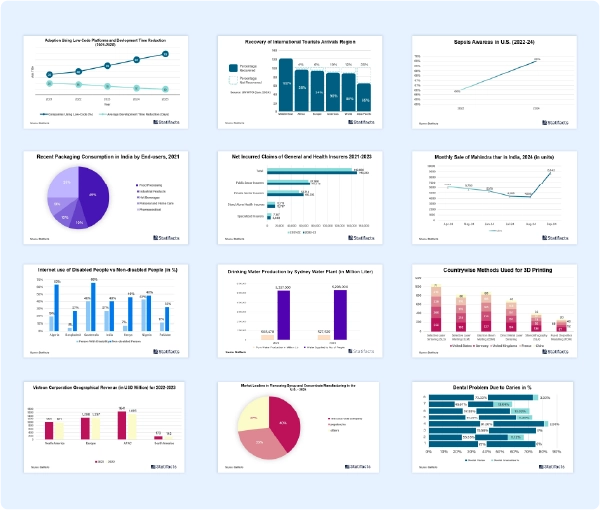
Unlock unlimited access to all exclusive market research reports, empowering your business.
Get industry insights at the most affordable plan
Stay ahead of the competition with comprehensive, actionable intelligence at your fingertips!
Learn More Download
Download